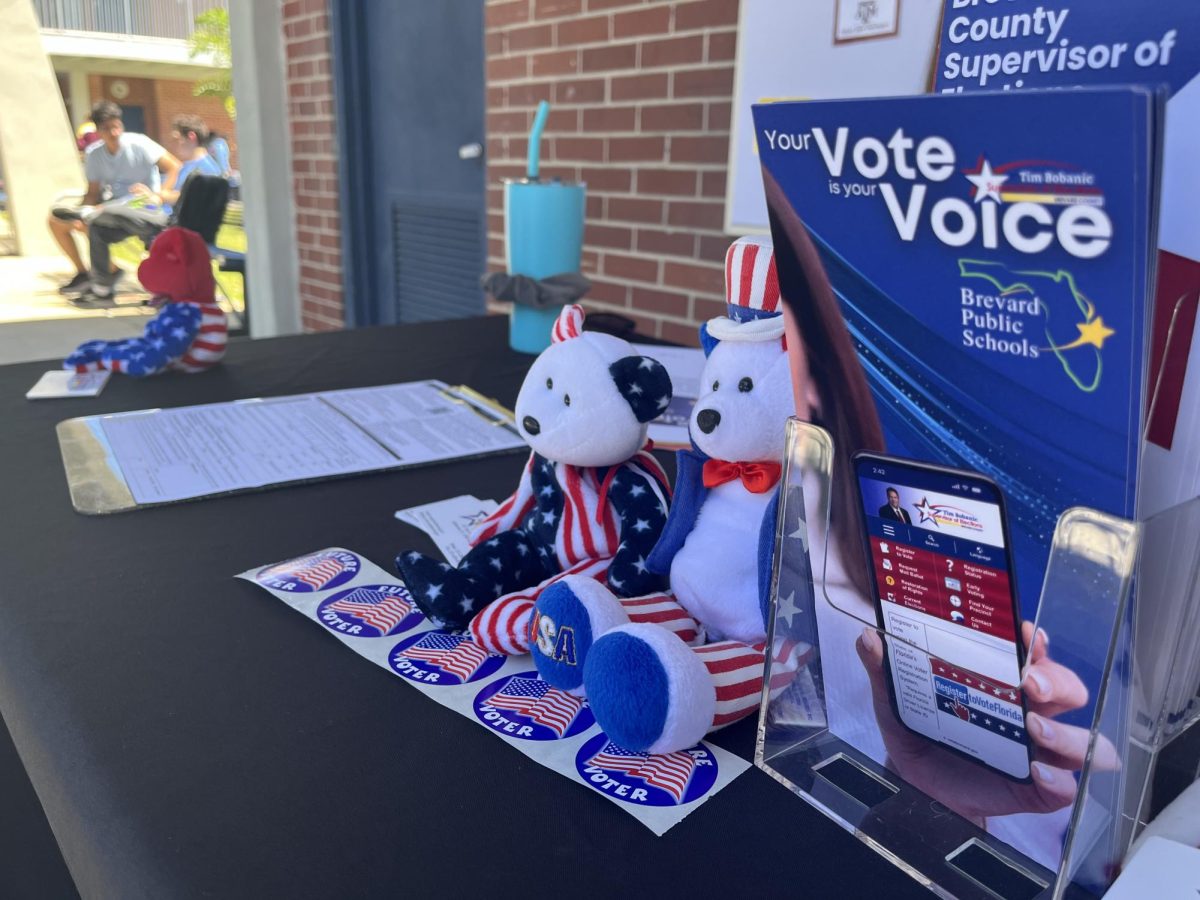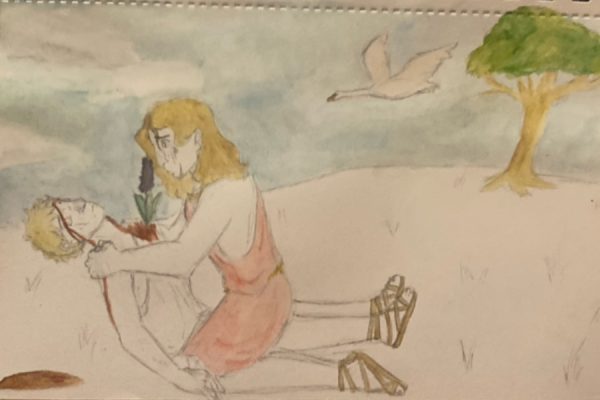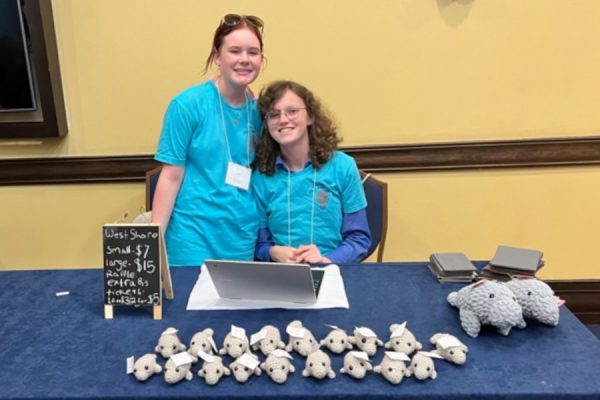Meme culture’s impact skews perceptions
January 17, 2019
There is a war going on in our hands every day. The fight seeps into our brains as we scan through material we may believe to be true, and this culture brawl is just reaching the front. Right there with the rest of the army, are “The Simpsons,” cartoon Spiderman and Pepe the Frog.
What has happened during recent years has given the media quite a scare, considering a current population of internet users provide a portal into chaos for news. As fake news and meme culture have become intertwined in a conspiring duo, the fate of true journalism is being put to the test.
Yet, there are underlying issues that are not being addressed when handling these “white lies.” Meme culture has become a gateway to desensitize viewers with issues such as racism, sexism and terrorism by portraying them in a joking or funny way.
When these images pop up via social media, oftentimes the view of an issue becomes altered due to the character being used or the message coupled with it.
Senior William Alexander said he believes meme culture, rather jokes, are normalizing bigotry and hate, and giving those in support of the discrimination a stronger platform.
“It is occurring all the time. A person can say something completely unacceptable and get away with it because it is being portrayed as a joke,” Alexander said. “At a certain point, everyone will understand the joke instead of the hateful underlying message, and it becomes easier for the producer to expose the said meme/joke.”
When most people look at Pepe the Frog, they don’t think of him as a hate symbol. Yet, the internet memes can basically take on whatever meaning that the people producing them prefer.
According to “New York Times” reporter Brain Feldman, Memes have become a template for online communication in which people insert their own values.
“There can be continuity in the tone of a meme, but the subject matter it is applied to is entirely up to the user,” Feldman writes. “For example, the condescending attitude of Condescending Wonka, or the supportive tone of “Damn, Daniel!” can be applied to anything, memes only gather steam when they change and get passed around. In other words, memes can be used for hateful purposes (and often are), but they are not inherently hateful.”
Meme-laden sites target alt-right groups, and are usually run by supporters, but recently a shift in the viewers has occurred as the photos and information being put forth has attracted people with little knowledge of what is actually going on.
Using characters or iconic memes to make a joke out of events such as the Holocaust, 9/11, or black history alters the viewer’s perception of the issue, making many people brush off what society once considered sexist, racist or even dangerous comments.
Alexander said he believes the open support for these groups have overwhelmingly expanded slowly over the past decades, but their underlying presence has always been around.
“With the 2016 election and rhetoric of some of the Republican candidates white nationalists sentients, groups that supported these barbaric ideas became emboldened, and those that either supported them or were susceptible to their agenda came out to support,” Alexander said.
By Anna Wilder









